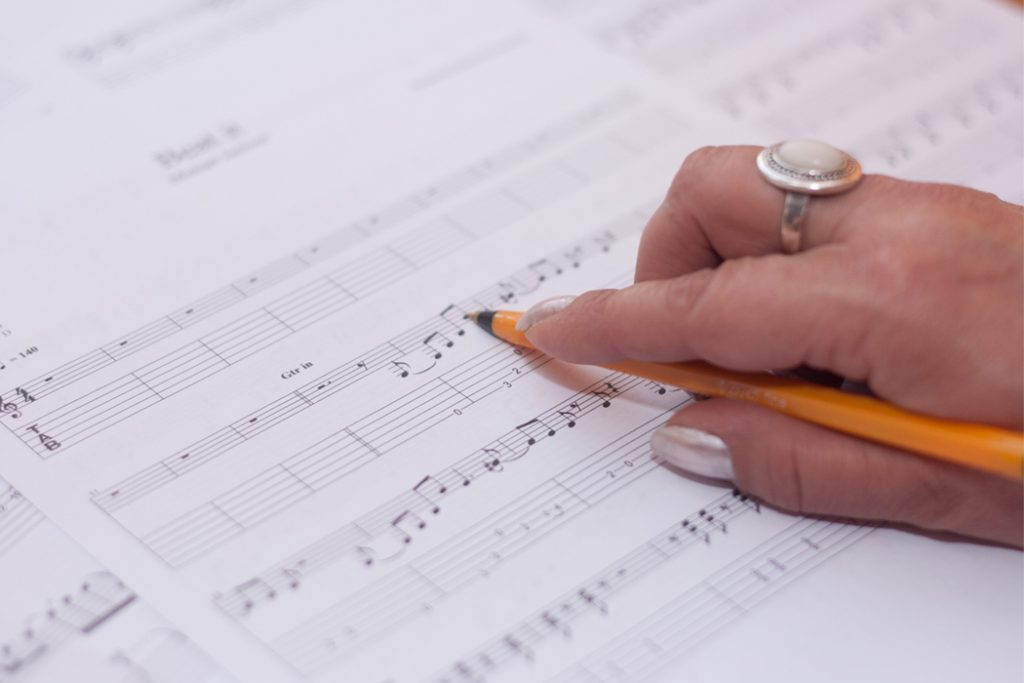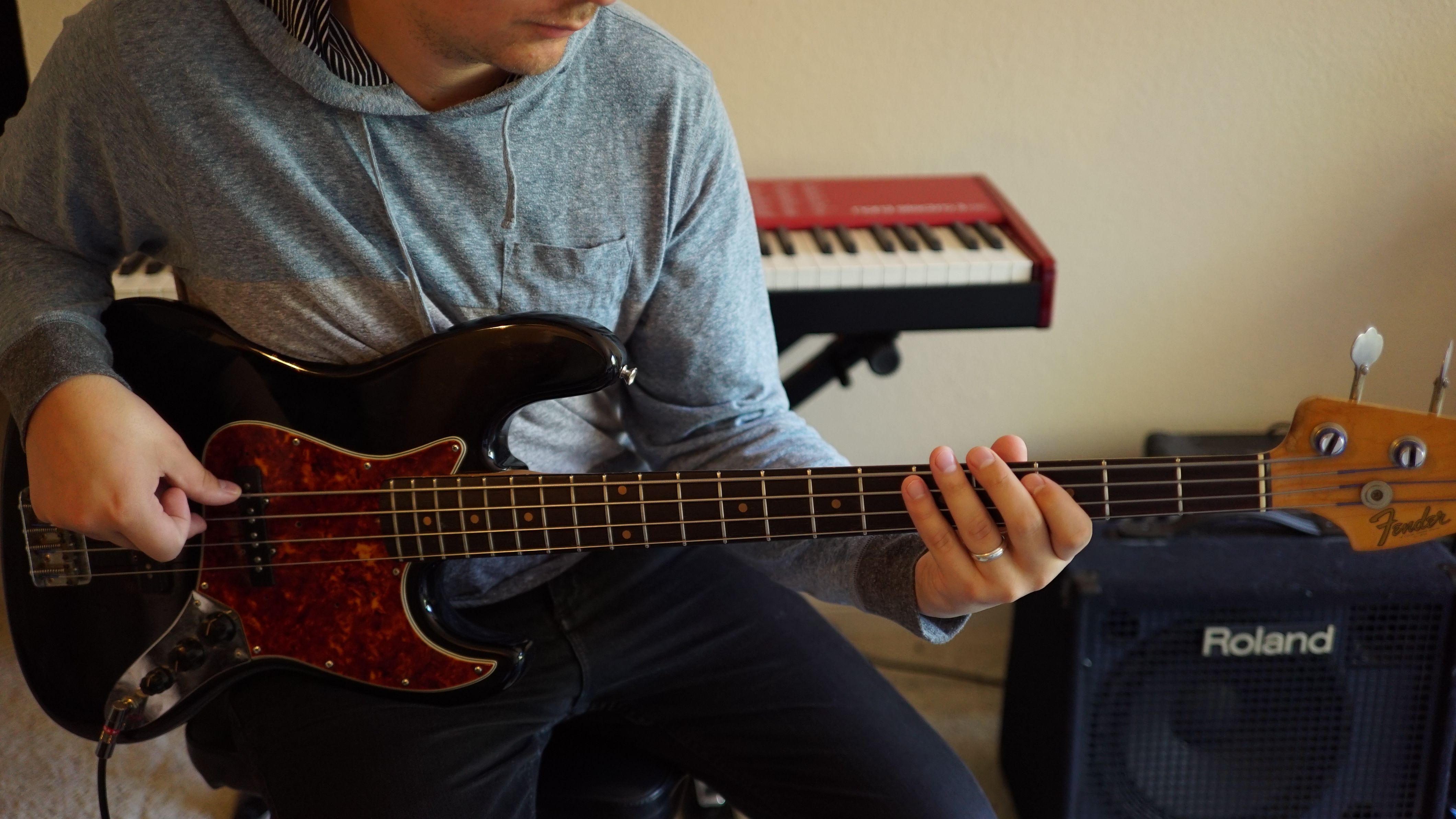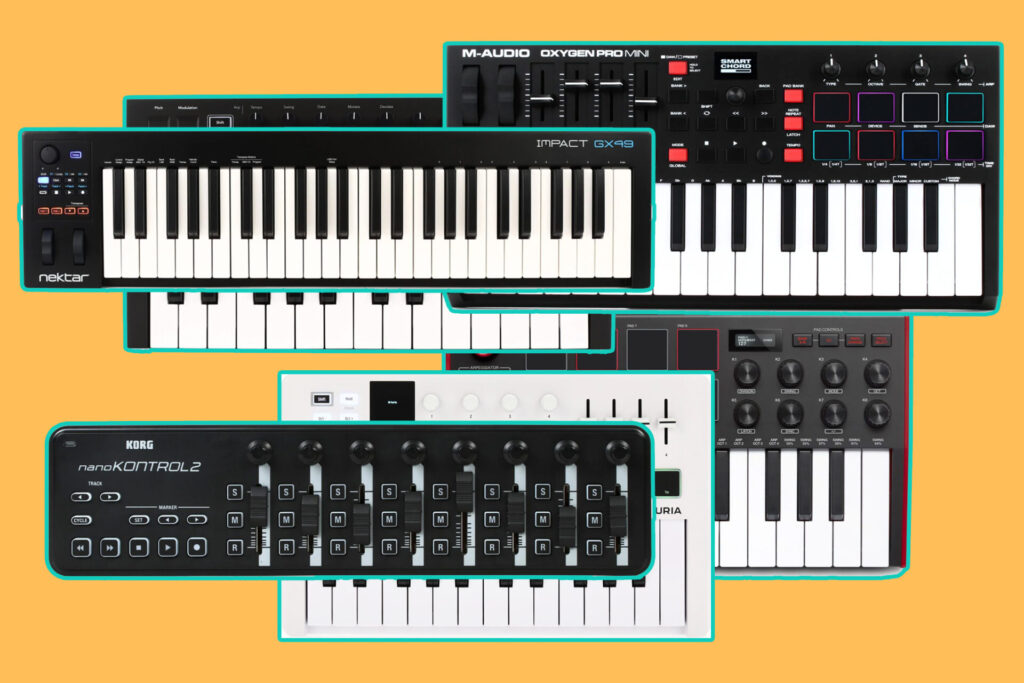
+ Welcome to Soundfly! We help curious musicians meet their goals with creative online courses. Whatever you want to learn, whenever you need to learn it. Subscribe now to start learning on the ’Fly.
Memorizing musical passages remains one of the tougher aspects of being a serious musician. It’s something listeners never think about when they see their favorite musicians perform, because when it’s done well, you don’t notice all the hard work that has gone into it. Playing an instrument well means playing with confidence and knowing your music through and through.
So, whether you’re a cellist gearing up for an important audition to a guitarist in a thrash metal outfit, learning your parts musically as well as how to perform them is an unavoidable skill that at some point will need a bit of work. Without it, you won’t be able to develop as a musician.
As Atul Gawande says in his TED Talk, “if you want to get better at anything, get a coach.” That’s why we hire great musicians as Mentors and train them to meet you where you are in your musical journey and read your needs, so they can coach you to the next level in four weeks. If memorizing music is essential to your journey, we can help.
For now, here are a few tips to help you get better at memorizing musical passages immediately.
1. Break the passage down into manageable sections
You’ll have a much easier time memorizing music if you can break up long passages into smaller sections, known sometimes as “cells.” For some reason, musicians often think that only working on small, broken-up sections of music somehow messes up the integrity of the piece, but that line of thinking will only make your life more difficult.
Yes, your ultimate goal is to play through the entire piece from memory without making errors, but you won’t be able to do that without breaking the music down into manageable pieces first and putting them back together in later phases. This is very similar to how we approach language — not that we memorize what we’re about to say before we say it, but we do put sentences together in our mind rather than think of them as collections of individual words. If you can become familiar with sections of music as cells, it will start to sound a lot like musical sentences, and read more fluidly each time you revisit the piece.
It might sound crazy to spend 20 minutes playing the same couple of measures over and over again, but that’s what has to be done sometimes in order to memorize difficult music. Once you’ve mastered the sections, work on piecing them together from memory.
+ Learn songwriting, theory, production, composition, arranging, mixing, and more — whenever you want and wherever you are. Subscribe for unlimited access!
2. Slow things down — way down
If you’ve got a bunch of music to memorize, you might be tempted to try to save time by playing through the material as quickly as possible, but you should approach the task first in the opposite manner. The same can be said for learning most things (like juggling, for example).
Approaching something slowly means you don’t skip over important details on the first or second read, and you’ll avoid developing bad habits that you’ll have to undo later. Doing something slowly also promotes a deeper understanding of the material, and understanding music is essential to internalizing it. Start by playing broken-up sections of the passage slowly, and master them at that speed before working through them at the regular tempo. Memorization can’t be rushed.
3. Try counting trouble sections out loud
If you run into a section of music that you can’t seem to wrap your head around, try counting the rhythm of it out loud without playing. Then, once you feel more comfortable with it, try counting it out loud while playing your instrument at the same time. Here’s a quick video, courtesy of our free course, How to Read Music, on clapping out rhythms.
By playing and speaking the rhythm, you’ll not only begin to understand what’s happening with the music, but you’ll also have a much easier time memorizing the passage. In music, approaching a hard section in multiple ways will help you understand it more thoroughly and remember it longer.
4. Try memorizing from the end and working your way backwards
Working through the music from right to left is sometimes helpful in trying to memorize tricky passages. It forces musicians to think differently about what they’re working on and to confront the most challenging material head on. If you feel stuck or bored with the music you’re working on, try switching things up. It may force your brain to “restart” your engagement with the passage that you were struggling with, and re-enter it with a clean slate.
5. Rinse and repeat
Once you’ve got a good understanding of the music you’re trying to memorize, the last and most important thing to do is to play the passage over and over again. If you’re memorizing the passage from sheet music, try playing it once or twice while reading, and then again by memory.
Play the passage through from memory until you can get it right without stopping. Then, play it through again and again until you feel like you could do it in your sleep (or on your cat…).
Because we play music with our bodies, your body can actually take a lot of the burden away from your brain. Since musical memorization is deeply linked with muscle memory, the same sort of intuitive approaches associated with memorizing scales, chords, and rhythms are shared by creating familiar and easily replicable physical actions on your instrument.
Get 1:1 coaching from a seasoned pro.
Soundfly’s community of mentors can help you set the right goals, pave the right path toward success, and stick to schedules and routines that you develop together, so you improve every step of the way. Tell us what you’re working on, and we’ll find the right mentor for you!





